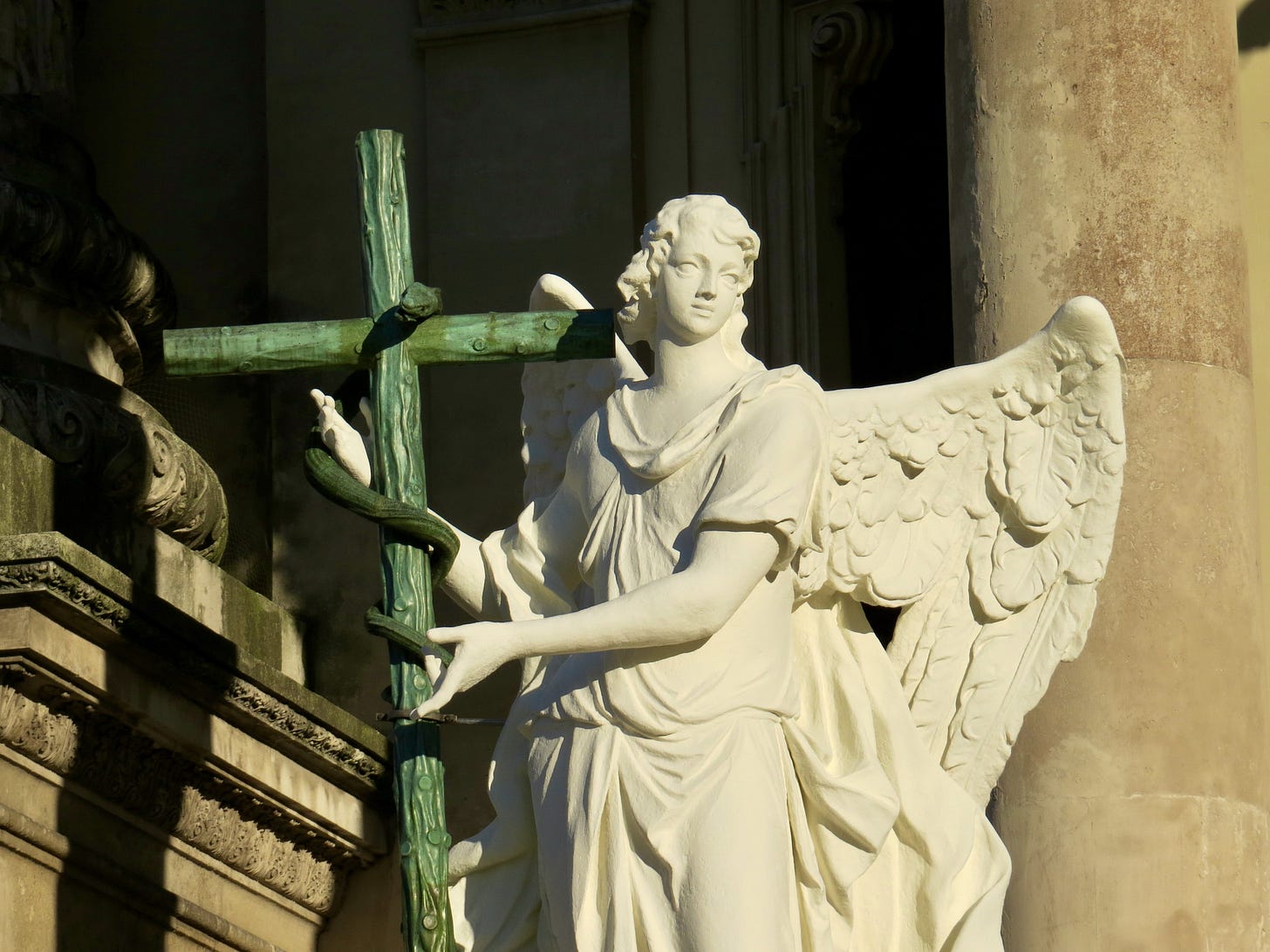The burden of prophecy.
Jesus himself is the prophetic point of all of Scripture.

I must confess: I have an unresolved relationship with the word “prophecy.” I know that the term appears all over the Bible. But I think I’ve just been burned out on the idea of “prophecy” because of all those “prophecy conferences” I attended (or heard about) as a kid. You know, the ones where a Bible teacher or professor is invited to relay a series of messages in which you are informed of all the secrets behind the mysteries of prophetic Scripture. How Gog and Magog are surely ancient references to Russia and China, and how it’s so obvious that the Antichrist will emerge from such-and-such place, and so on. Surely I’m not the only one who has heard of such questionable (that’s being nice) interpretations of the Word of God. To be quite frank with you, I am exhausted by such views of prophecy. Especially when, I think, such notions of the prophetic are so far away from what constitutes biblical prophecy.
You see, whereas we often think that prophecy is synonymous with forecasting and predicting, it is actually much more practical and personal than that. I’ll let Rev. John Henry Jowett explain:
Prophecy is not synonymous with prediction. When we use the sentence which has almost become a proverbial phrase in our ordinary speech and say, “I am neither a prophet nor the son of a prophet,” we are employing the words almost entirely in the sense of forecast, in the meaning of prevision, with the significance of unbosoming the secrets of the morrow. The element of prevision and of forecast is not entirely absent from the true equipment of the prophet, but it is not the primary element. I do not think anyone can declare principles without forecasting issues; but the burden of a true prophet is not the forecasting of an event, but the proclamation of a principle. True prophecy is declaration, not anticipation; it is vision, not prevision. A prophet is a man who foretells, but who primarily forthtells, tells forth a message which God has given to him. The prophet is a forthteller of great truths, of dominant principles; he is a revealer of the great broad highways along which all the affairs of men move to inevitable destiny. I want, then, at once to put that primary meaning which we use in our modern interpretation of the word on one side, and as far as possible to leave aside this secondary element of prevision. (264–65)
If I were to amend Jowett slightly, it would only be to say that the burden of a true prophet isn’t to predict an event but to proclaim a Person. To announce the Living Principle himself. To proclaim the Grace that comes to us (1 Pet. 1:10). That I think would dispel many of the aforementioned notions of prophecy and prediction which all seem to be concerned with End Times events. A prophet isn’t a divine weatherman; he’s one who proclaims the work of the True King with adamantine resolution and Holy-Ghost-empowered speech (2 Pet. 1:19–21).
The burden of prophecy is, then, ultimately shouldered by the penultimate Prophet, Priest, and King himself. “Beginning with Moses and all the Prophets, he interpreted for them the things concerning himself in all the Scriptures” (Luke 24:27). On that dusty Emmaus road, Jesus settled all misgivings regarding prophetic announcements by affirming that he is the prophetic point of it all. Thank goodness for that. I won’t pretend that I’ve got this prophecy thing “figured out.” Not by a long shot. But I’m very grateful for Jowett’s helpful delineation of this topic.
Works cited:
John Henry Jowett, The Epistles of St. Peter (New York: A. C. Armstrong & Son, 1906).


